I always wrote – diaries, essays, short stories, etc. but I thought I wanted to be an actress. Back in the day, there were few female playwrights that you heard about. (Lillian Hellman and Wendy Wasserstein.) it took a full decade of acting for me to realize I wanted to write the words and not say them onstage.
What was the 1st play you wrote?
I first wrote skits for my middle school acting students, i could not find any that fit the parameters of my classes. Finally, I wrote a complete one-act for them. “Shakespeare Unbound” was designed to introduce them to Shakespeare in a fun, non-threatening way. It was picked up by I.E. Clark publishing and 30 years later, it still gets productions with Dramatic Publishing. Soon after, I started writing large-cast comedies for my summer theatre workshop. They were all picked up by Eldridge Publishing which really helped to launch me.
Why should audiences attend the New Play-Reading Festival?
New plays are just plain exciting. Theatre for youth has dramatically changed in the last few decades. It once was a haven for fairy tales and an occasional fable. Now it explores emotions, history, science, turning points in a young life, explorations of race, gender identity, and fresh new takes on old classics. In many ways, these new plays are more forward thinking then plays geared for adults.
What do you hope audiences get from attending your play reading?
A sense of hope. Families have struggles. Everyone has challenges. Hard times are not forever.
What’s it been like working with The Growing Stage team?
This is my second time (hooray) and it’s been a pleasure to collaborate with a group of people who respect your work, respect the young, and generate true excitement to something that is still a work-in-progress. I do a lot of edits after The Growing Stage’s feedback. It’s so helpful to see what the artists and audiences see – both where I was successful in what I wanted to do and where I went astray and caused confusion. Theatre is collaborative and The Growing Stage does a lovely job collaborating.
About Letters From Lisette:

There is a story that Kafka found a young girl weeping in a park. He tried to console her, but she was bereft. She had lost her doll and would never get over it. Kafka announces that he has a letter that he found and he wonders if it could be from her doll. It was! And so began a three-week correspondence where Kafka wrote letters for the girl from her travelling doll. Her doll was not lost. She was merely looking for an adventure.
Join Us Friday, May 21st at 7:30PM on ZOOM!
Admission: $5


